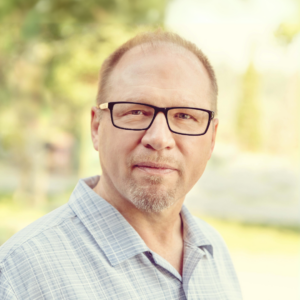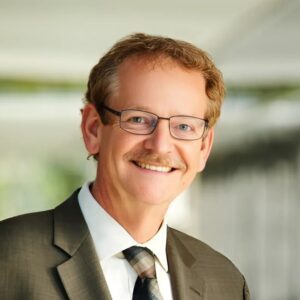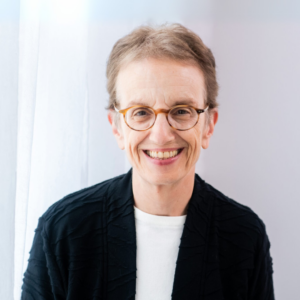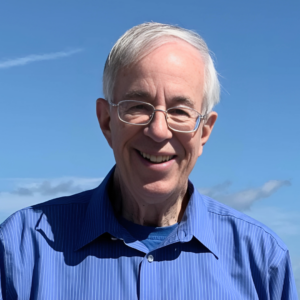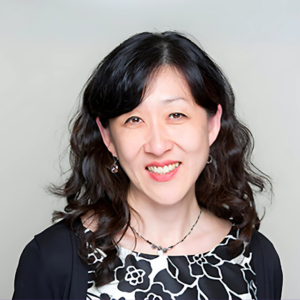Join us in returning religion to evolution
We will hold our annual conference virtually Friday, May 2 through Sunday, May 4 (in Eastern US time zone). Sessions will be held Friday evening and all day Saturday, with closing remarks and a shared liturgical service on Sunday morning. Learn more below and contact us with questions.
For student scholarships, submit this application and our team will follow up with registration instructions.
Vision
According to recent Pew Studies, religion is waning as spiritual secularism is rising. While the data has sounded alarm bells, there may be good reason why religion has become irrelevant while spirituality has become a cultural icon.
This conference aims to suture the relationship between religion and spirituality by relocating religion at the heart of cosmic life.
Religion has not gone away but it is advancing in new ways. Formal or institutional religion has sidetracked the modern person by placing constraints around religion and segregating its core energies in creeds and doctrines. Teilhard de Chardin realized that religion is essential to the direction of evolution. We will explore how a renewed sense of religion in evolution can reinvigorate planetary life, especially in an age of technology.
Conference Speakers
Session Schedule and Details
All times are in Eastern Time (ET) | GMT-4 (New York). Please adjust accordingly if you're in a different time zone.
Friday, May 2nd
7:00 PM | Introduction and Welcome
7:15 – 8:30 PM | Ilia Delio
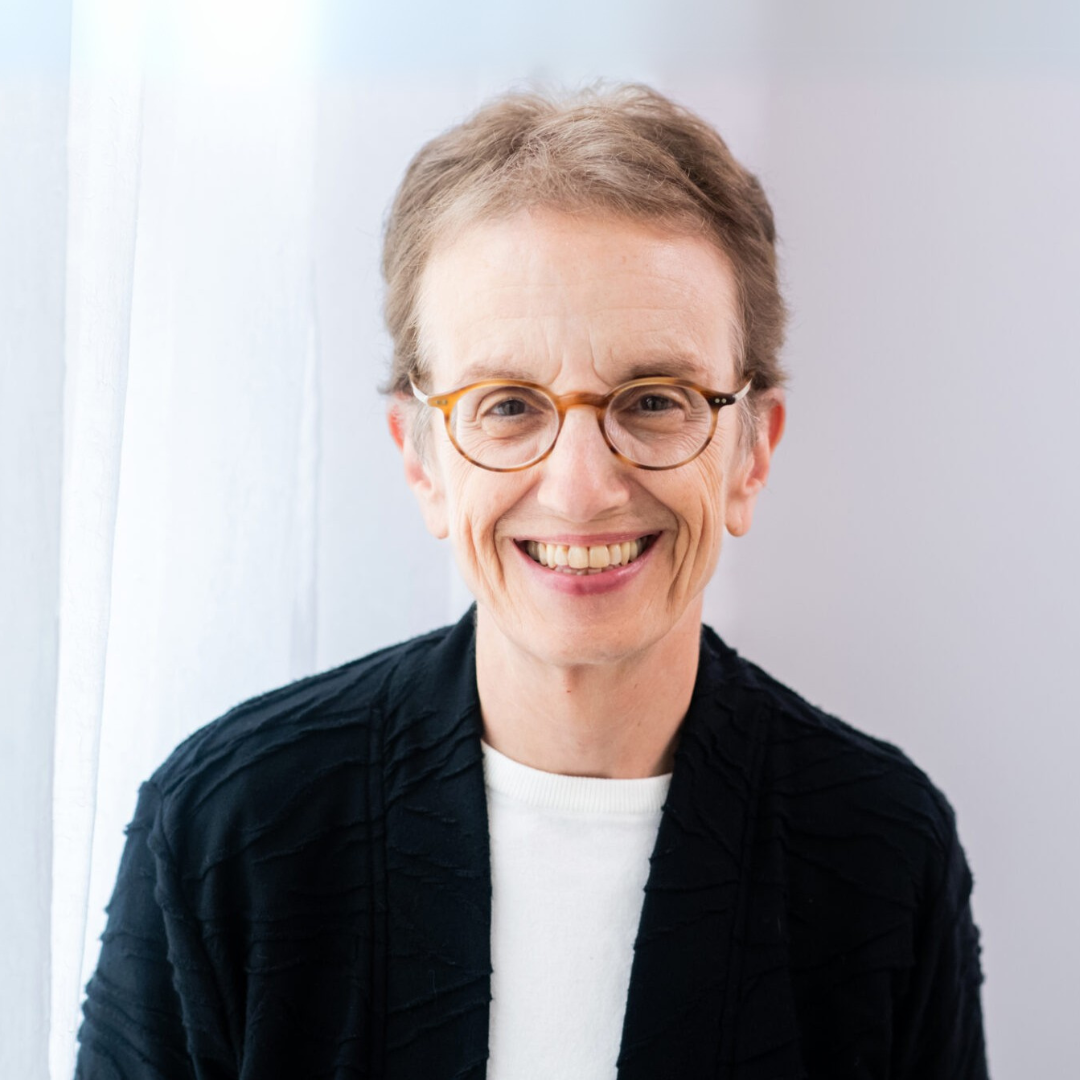
From Monotheism to Undivided Wholeness: Second Axial Religion
Teilhard de Chardin claimed that the principles of Christianity were compatible with the principles of evolution and spoke of Christianity as a religion of evolution. His ideas have been largely rejected, however, by theologians who insist that Greek metaphysics can be reconciled with modern science. Can religious doctrine be changed in an age of science? Ilia Delio will discuss the fears, hopes, and challenges of a new theology in a scientific age.
Saturday, May 3rd
9:00 – 10:15 AM | Grace Ji-Sun Kim
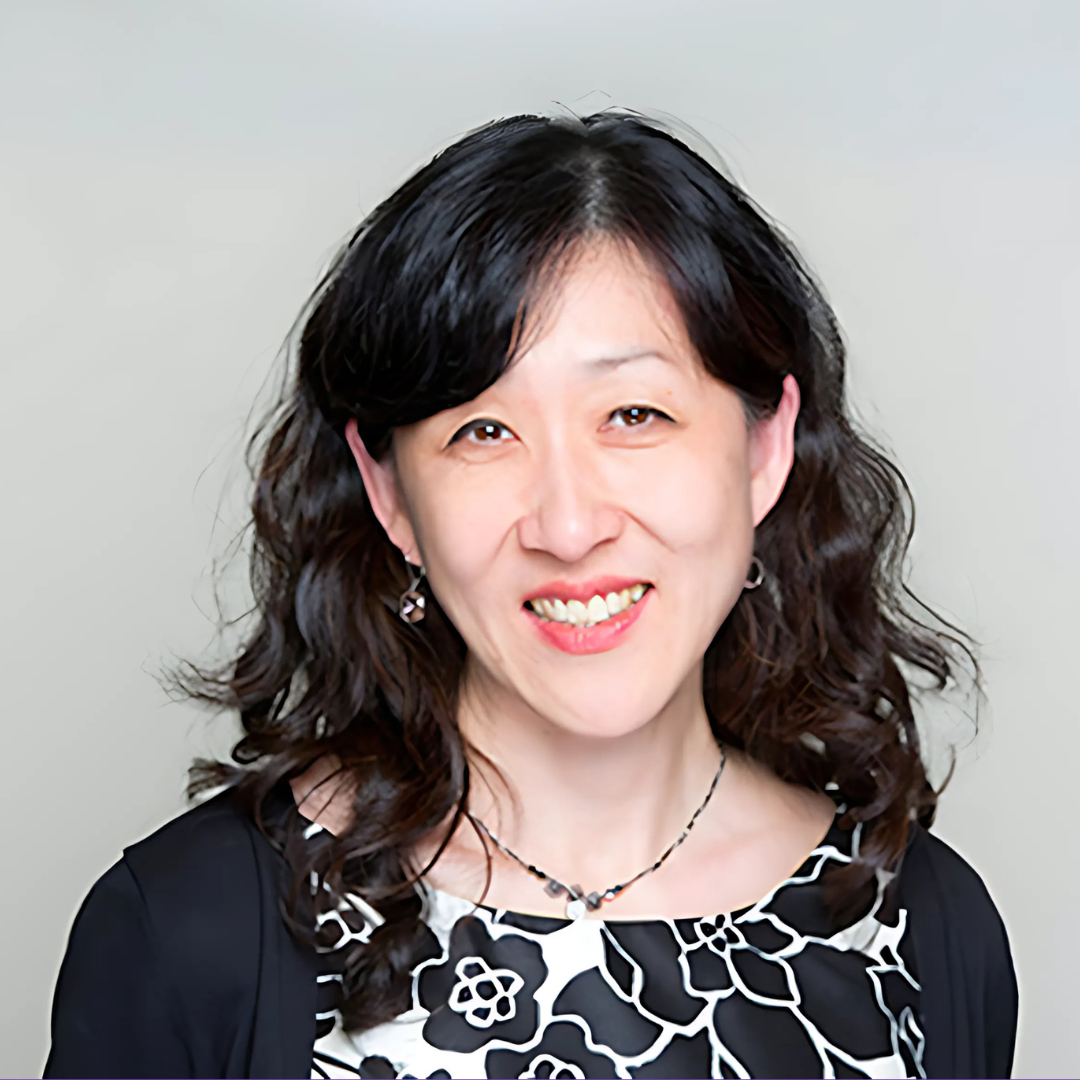
Earthbound: God at the Intersection of Climate and Justice
Climate change is deeply intertwined with theological perspectives on God and is intersectional as various issues come together to continue to affect climate change. Furthermore, if we continue to view God in masculine and patriarchal images and metaphors, then we will continue to live a destructive life toward the Earth. God in patriarchal terms legitimizes our acts of domination towards the Earth. To foster a sustainable relationship with the planet, it is imperative to reimagine God through new metaphors that emphasize care, interconnectedness, and stewardship. Such a theological shift can inspire collective action toward planetary solidarity and ecological justice.
This presentation argues that addressing climate change requires not only systemic change but also a transformation in how we conceptualize the divine. By challenging patriarchal theological frameworks and embracing inclusive, life-affirming metaphors, we can reorient our relationship with the Earth and work together to safeguard the planet for future generations.
1:30 – 2:45 PM | Philip Clayton
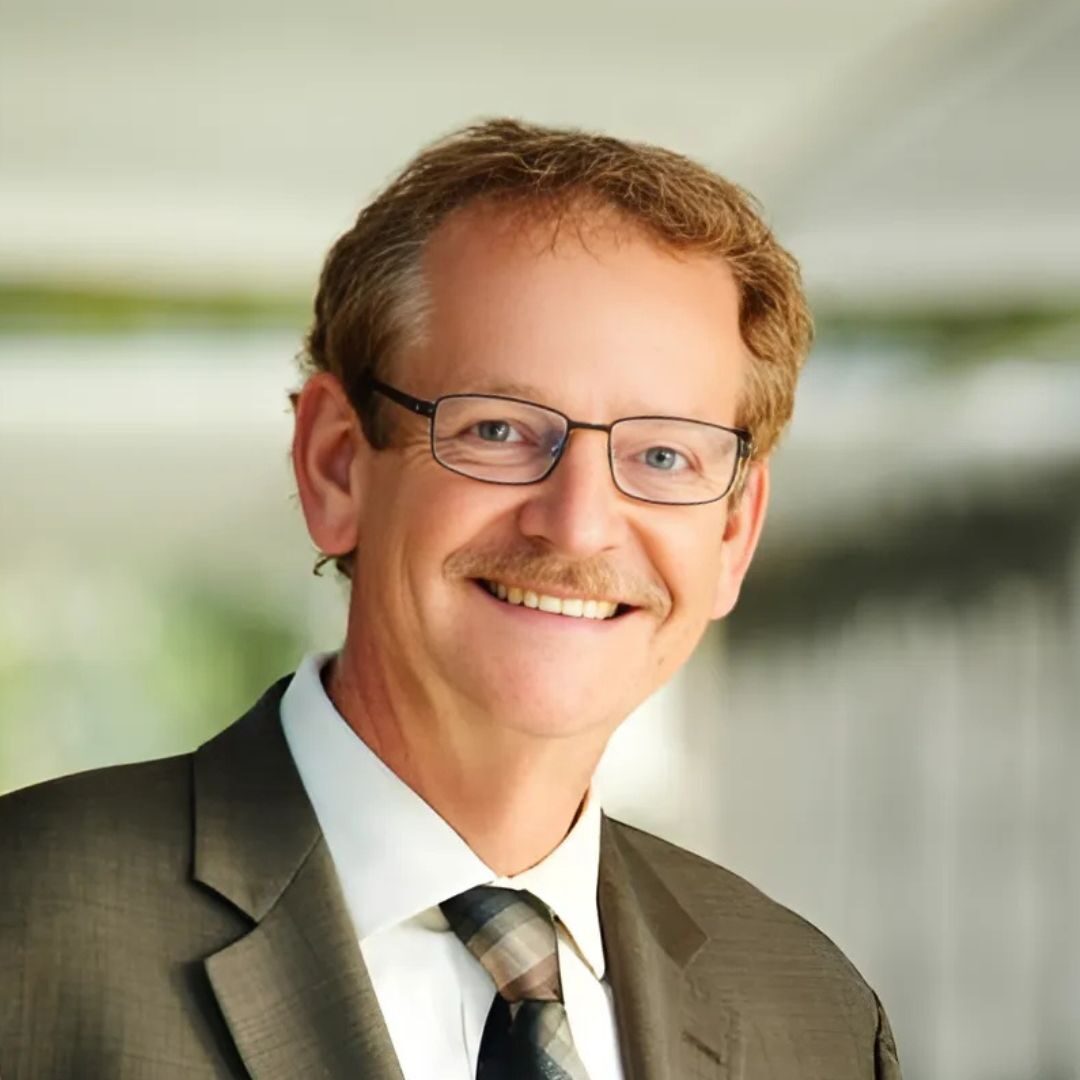
When Religion Embraces the Evolving Cosmos and the Two Become One
As the title suggests, Philip Clayton has decided to accept Ilia Delio’s bold challenge and run with it. If religio means “re-binding,” what happens when we re-bind religion to the sacred, freeing it from institutions and dogmas so that it can re-join the cosmos in motion? The journey will take us to Teilhard de Chardin and Whitehead, of course, but also to an even wider universe of process resources, to the self-styled “evolutionaries,” to hope and the primacy of the future, and to the place where “contingent moral realism” and “contingent christological realism” meet. In these (somewhat chaotic) places the centre cannot hold, immanent and transcendent fuse, and ― at least in principle ― the walls between the religious and the spiritual begin to collapse.
3:00 – 4:15 PM | John F. Haught
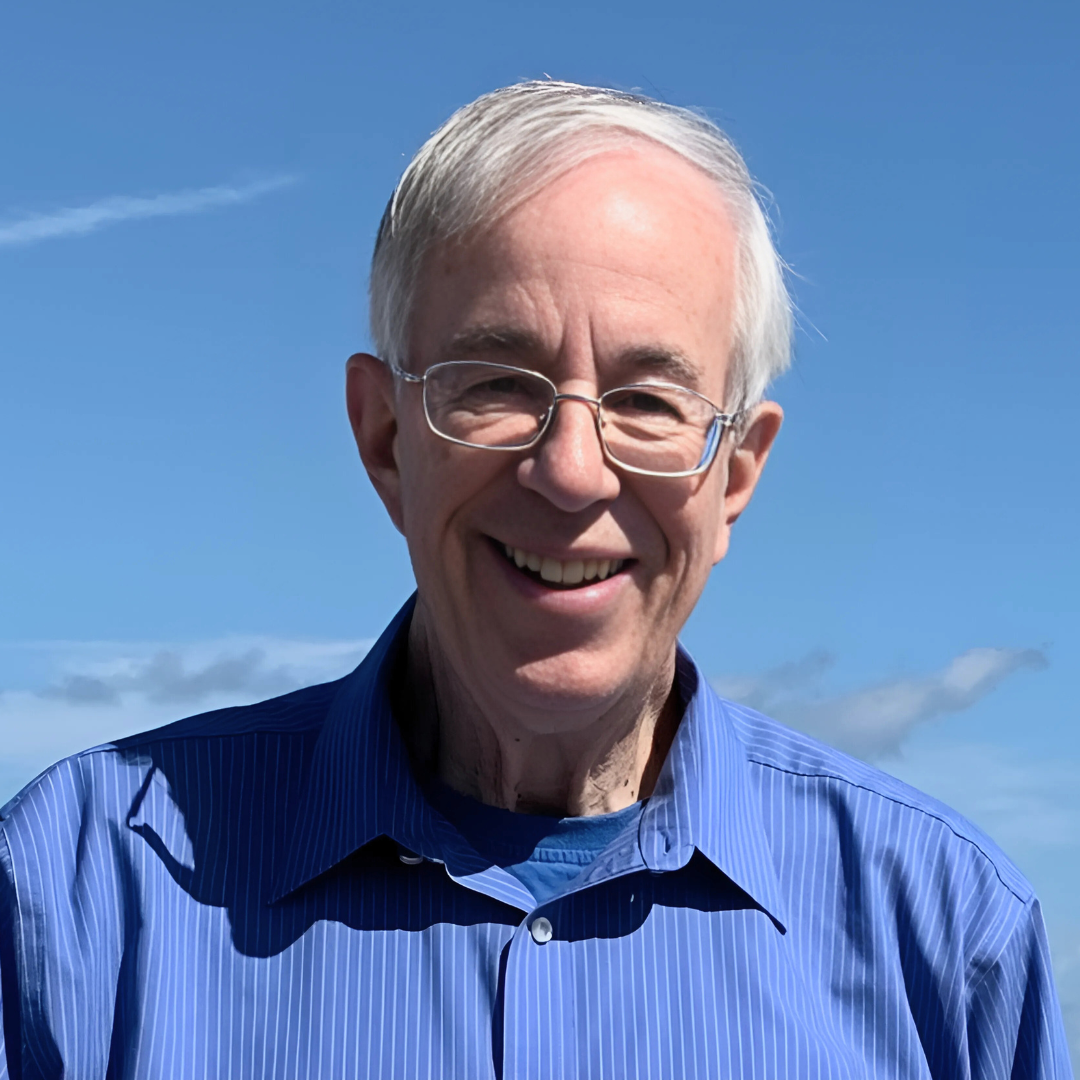
Rethinking Resurrection in the Age of Science
Resurrection hope implies that what is most real, essential, and alive can take hold of us only as we turn toward the Future. We can arrive at a sense of cosmic meaning and a feeling for life not by looking toward what lies fixed in the past, or descends from eternity, but by allowing ourselves—and the rest of nature—to be grasped by the coming of the Future. Only by adopting the posture of cosmic hope, in other words, may we begin to encounter the fullness of being, the realness of life and the meaning of Resurrection. In order to do so, however, Christian theology needs to recover from its Platonic captivity and return to the embrace of a more Abrahamic appreciation of time.
7:00 – 7:30 PM | 2025 C4C Award Presentation
7:45 – 8:30 PM | Audience Q&A with Speakers
Sunday, May 4th
9:00 – 10:15 AM | Thomas Jay Oord
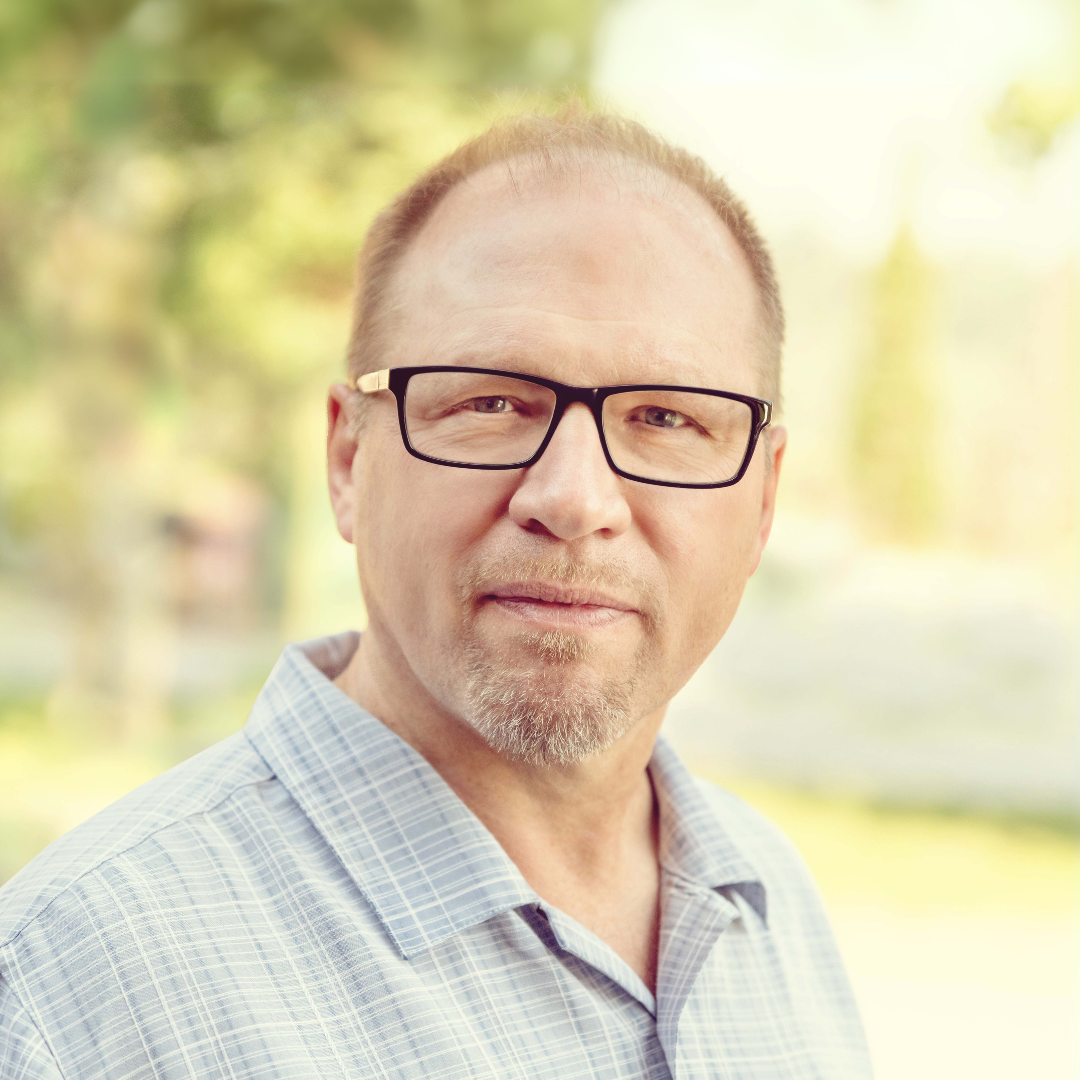
Ten Ways to Rethink Religion in Light of Science
Both the scientific consensus and the philosophical underpinnings of contemporary science offer resources for religion. In fact, we should rethink some religious beliefs and commitments in light of science. In this lecture, Thomas Jay Oord identifies particular scientific claims or assumptions that can help religion—especially Christianity—adopt a more coherent and experientially satisfying account of God and reality.
10:30 – 11:15 AM | Panel Discussion
11:30 – 12 PM | Closing Ritual with Emily DeMoor
12 PM | Closing Remarks from Ilia Delio
Register
For student scholarships, submit this application and our team will follow up with registration instructions.
Registration grants online access to all programming via Zoom. Access information and other updates will be sent to the email provided. All registrants will receive recordings of the sessions within two weeks of the event.
